8 Caretaker Managers Who Were Appointed Permanently as Solskjaer Lands Manchester United Job
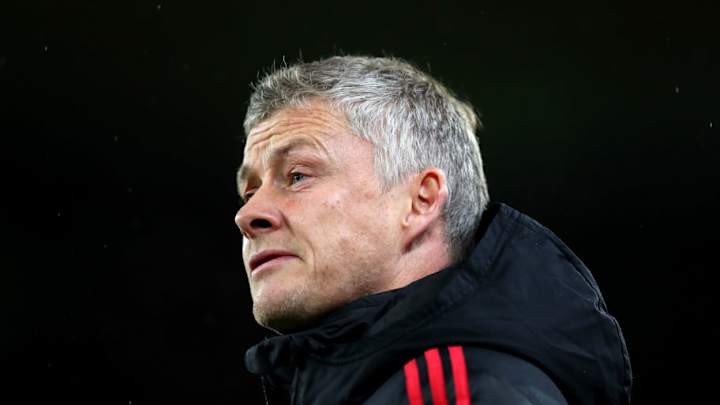
A season which looked to be a write off for Manchester United back in December now looks like it will have a climactic conclusion, and the man behind the turnaround, Ole Gunnar Solskjaer, has been rewarded with a three year contract.
Few will argue that the 'Baby Faced Assassin' doesn't deserve a crack at the job - given how good United have looked under his tutelage - but as uncommon as it may seem at the top level, he isn't the first caretaker boss to be given the reins on a permanent basis.
🗣 SING IT! #OlesAtTheWheel ✊ pic.twitter.com/SRuBSk9Qax
— Manchester United (@ManUtd) March 28, 2019
Here, we've looked at eight other managers who started in temporary charge, only to be given the go-ahead full-time. To say they've had differing degrees of success is an understatement...
Kenny Dalglish - Liverpool
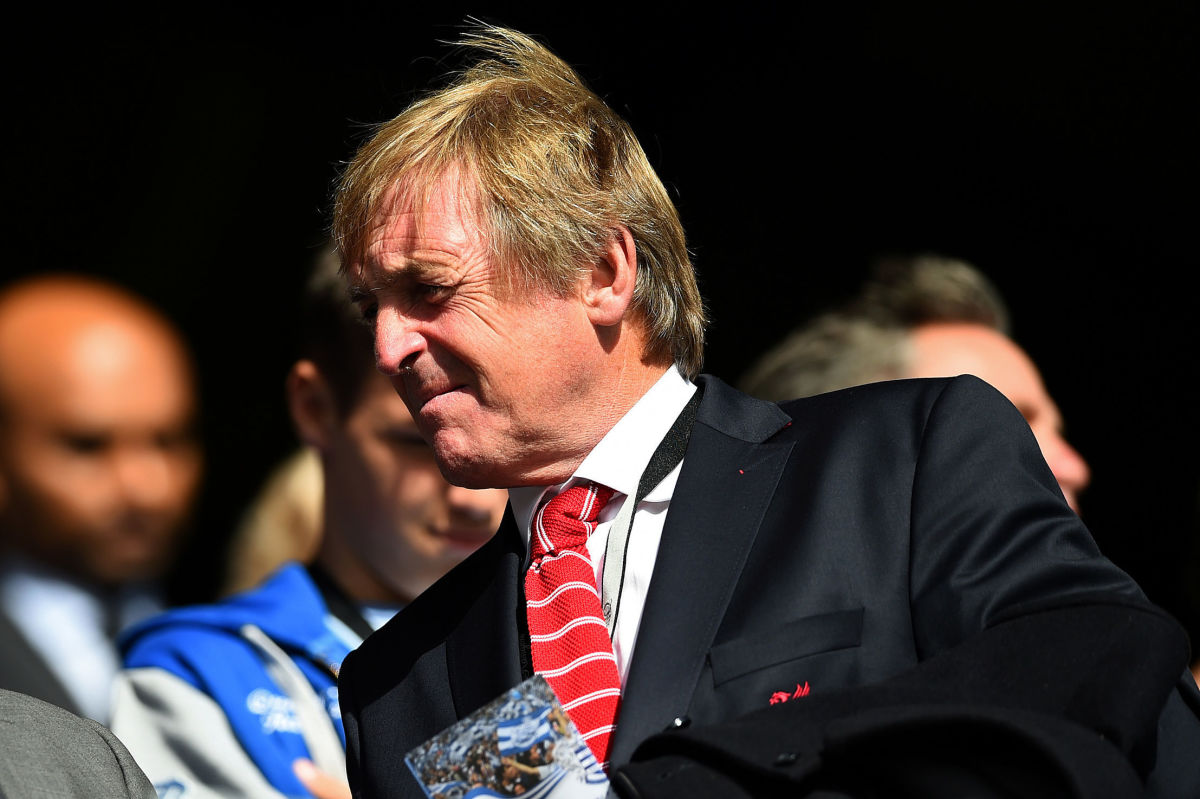
Legendary figure takes over from tactical dinosaur, sparks immediate revival, handed three year deal. Sound familiar?
That was the situation when Liverpool promoted Kenny Dalglish from a role with the youth academy to replace Roy Hodgson in charge of the first team, and he was immediately thrown into the fire, signing Luis Suarez and Andy Carroll after Fernando Torres was sold to Chelsea for £50m.
Despite climbing into sixth place in the remainder of the 2010/11 campaign, however, his first season as permanent boss was littered with mixed success - a League Cup win preceding an FA Cup final defeat and their worst Premier League showing since 1994 - and he wouldn't even last a year before his dismissal in 2012.
Darren Moore - West Brom
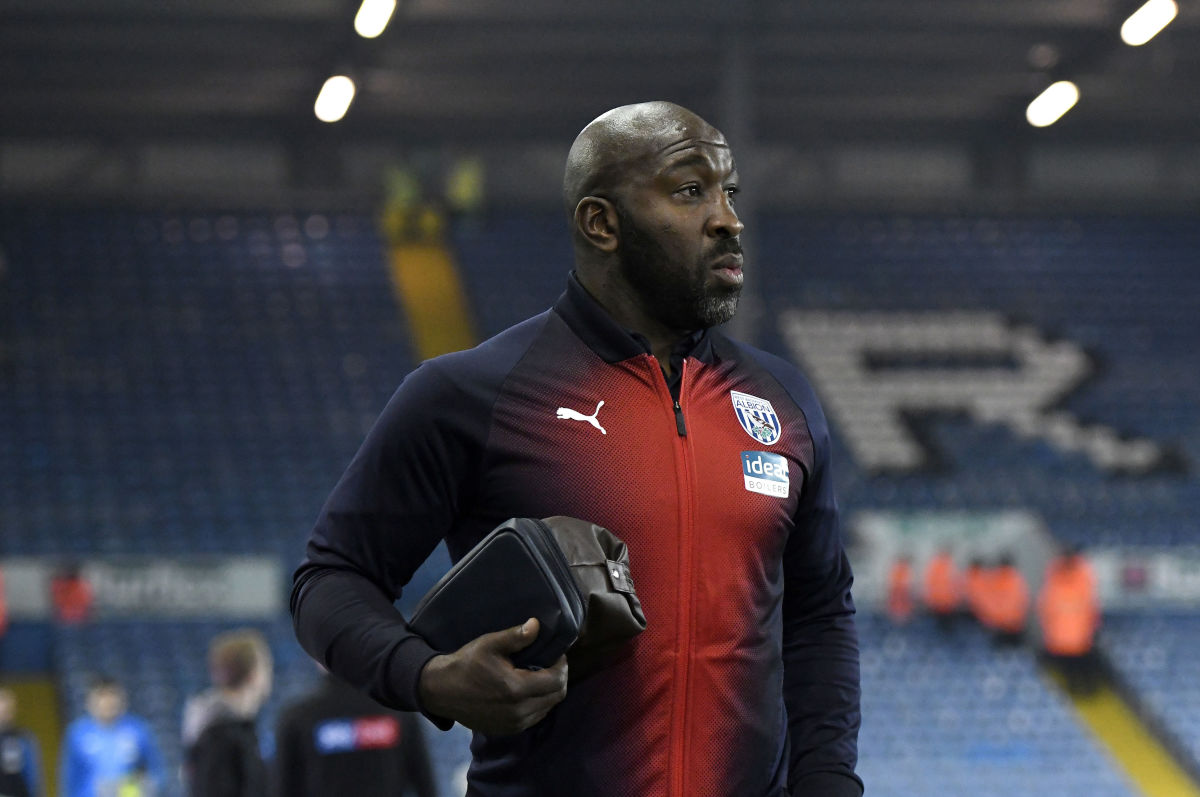
Even among Baggies fans, it's widely thought that Moore was given a raw deal when he was sacked earlier this month.
He was appointed to replace Alan Pardew back in April, with West Brom all but relegated from the Premier League. In spite of the circumstances, however, Moore would oversee a run of impressive results that restored some pride, including a 1-0 win over Manchester United that handed the title to City.
He was appointed permanently to oversee their first season back in the Championship, and lasted until March, when he was unexpectedly sacked with his side sitting in fourth place, and very much in the hunt for promotion.
Stuart Pearce - Manchester City
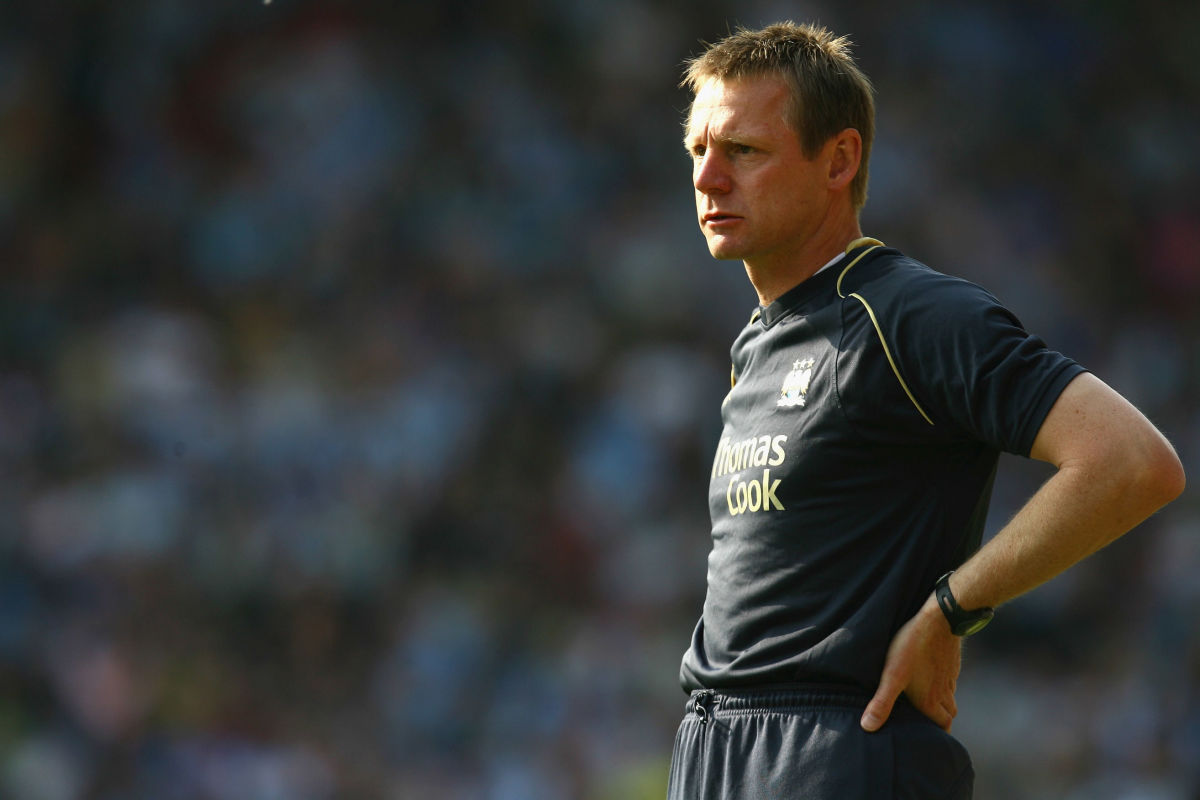
It seems like a different world from the City of these days, but Pearce was appointed to replace Kevin Keegan back in March 2005, and after an initial upswing in results, was appointed permanently the following month.
Unfortunately, it all went downhill after narrowly missing out on Europe in the 2004/05 season.
They would finish 15th the year after, and despite the board showing patience with the young manager, things failed to improve, and he was let go as City stared relegation in the face. He'd be replaced by Sven-Goran Eriksson in July 2007.
Stuart Gray - Southampton
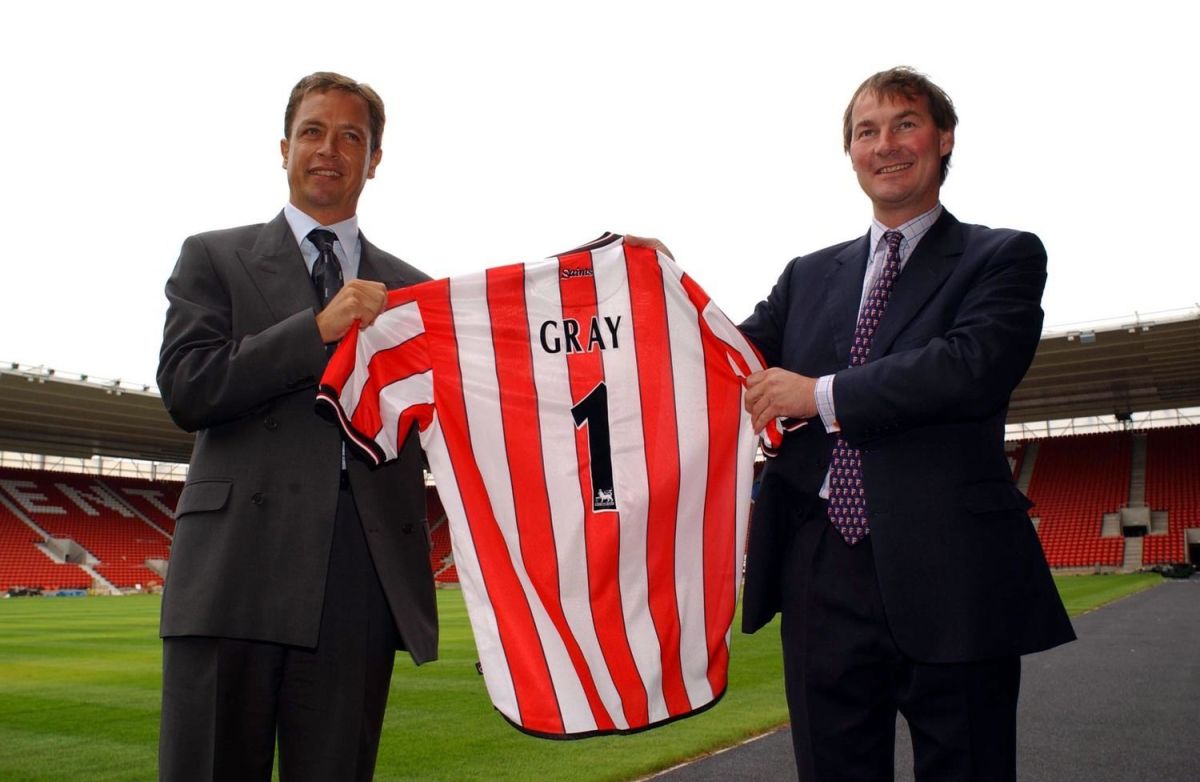
Stuart Gray was a victim of some pretty erratic chairman-ing from Rupert Lowe back in 2001, and as such is probably best remembered for breaking the club's transfer record to sign throw-in aficionado Rory Delap for £4m.
He took over on a temporary basis when Glenn Hoddle left for Tottenham in March, and was appointed permanently after securing a 10th-placed finish in the Premier League.
After overseeing the move to the new St. Mary's Stadium, however, some questionable results meant he lasted just three months before being mercilessly sacked and replaced by Gordon Strachan.
Chris Coleman - Fulham
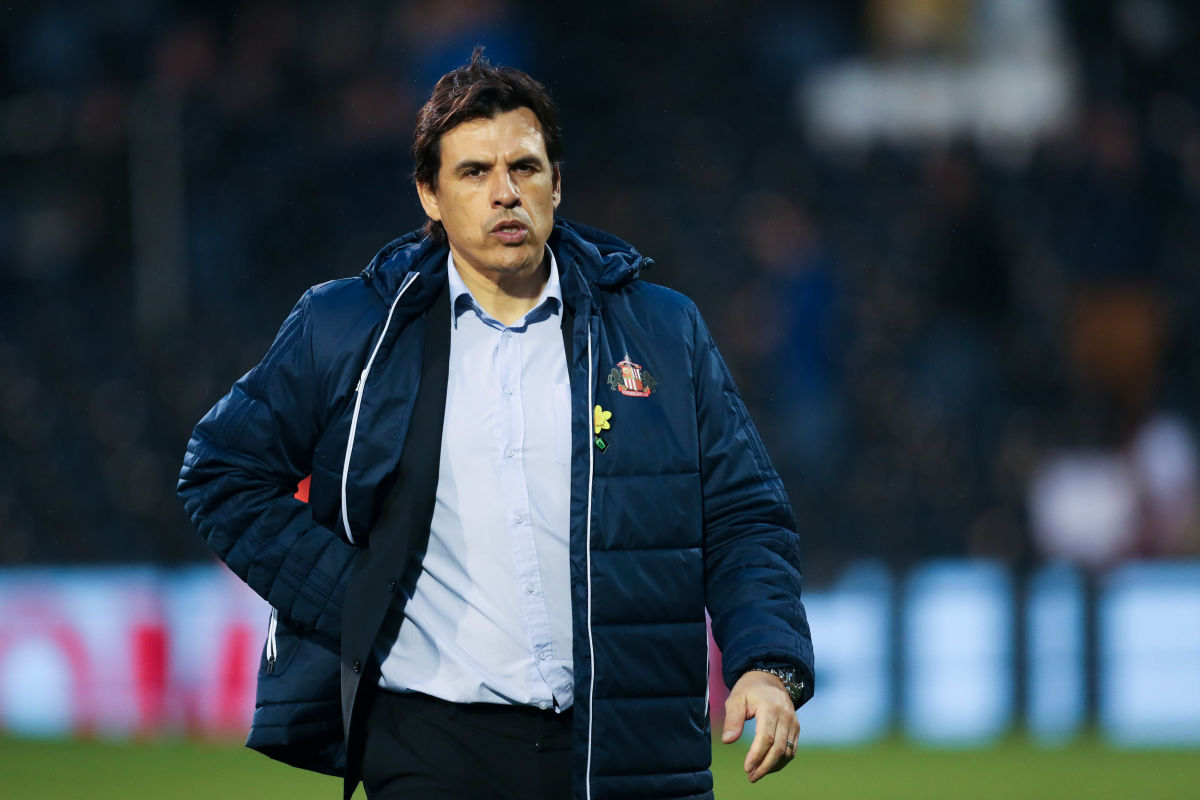
Oh how the current Fulham side would love to find themselves in the dire straits that saw Coleman sacked back in 2007.
He was promoted internally in April 2003, and after steering the club to safety, he was handed the job permanently at the end of the season, becoming the youngest manager in the Premier League at just 32.
Over the next few years, he would help establish them as a top flight side, finishing ninth in his first full season in charge. However, the sale of several key players including Louis Saha and Edwin van der Sar prompted a gradual slide, and he eventually became a victim of his own success, when he was let go with the club sitting four points clear of danger in April 2007.
Craig Shakespeare - Leicester
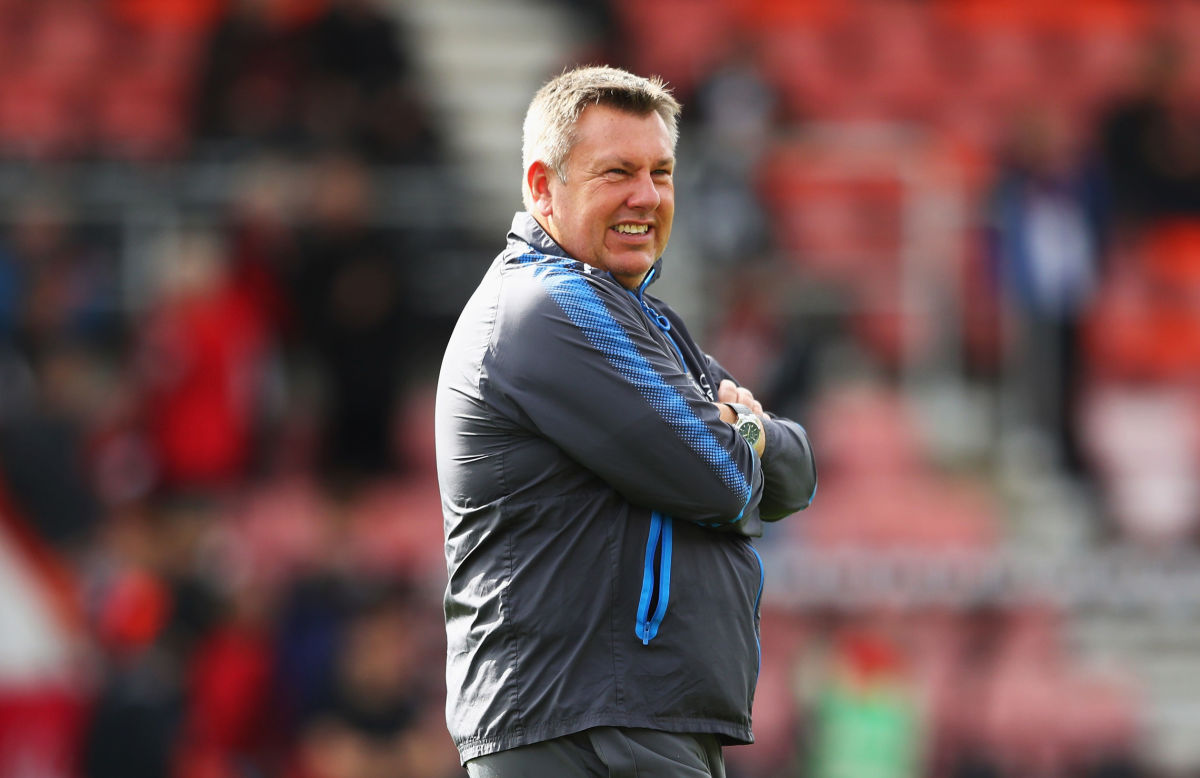
One of the most recent examples of a caretaker boss earning himself a full-time gig, Shakespeare took over from the legendary title-winning reign of Claudio Ranieri in February 2017, and enjoyed a tremendous start to life in the job, becoming the first English manager to win each of his first four games in charge.
Unfortunately, his time in the midlands was ultimately to be a textbook lesson on why you shouldn't appoint a caretaker boss based solely on an impressive start. He was handed the job full-time after a little over two weeks, and was sacked the following October as the former champions sat in the relegation places.
Roberto Di Matteo - Chelsea

In contrast to Shakespeare, who needed just three wins to earn the Leicester job, all Di Matteo had to do was win the FA Cup and the Champions League before Chelsea appointed him in the summer.
He is perhaps the most famous example of a successful caretaker boss, but in a very Chelsea move, he was sacked in November 2012 - just three months into his three year contract - after a defeat away to Juventus more or less knocked them out of the Champions League.
What could have been, eh?
Gareth Southgate - England
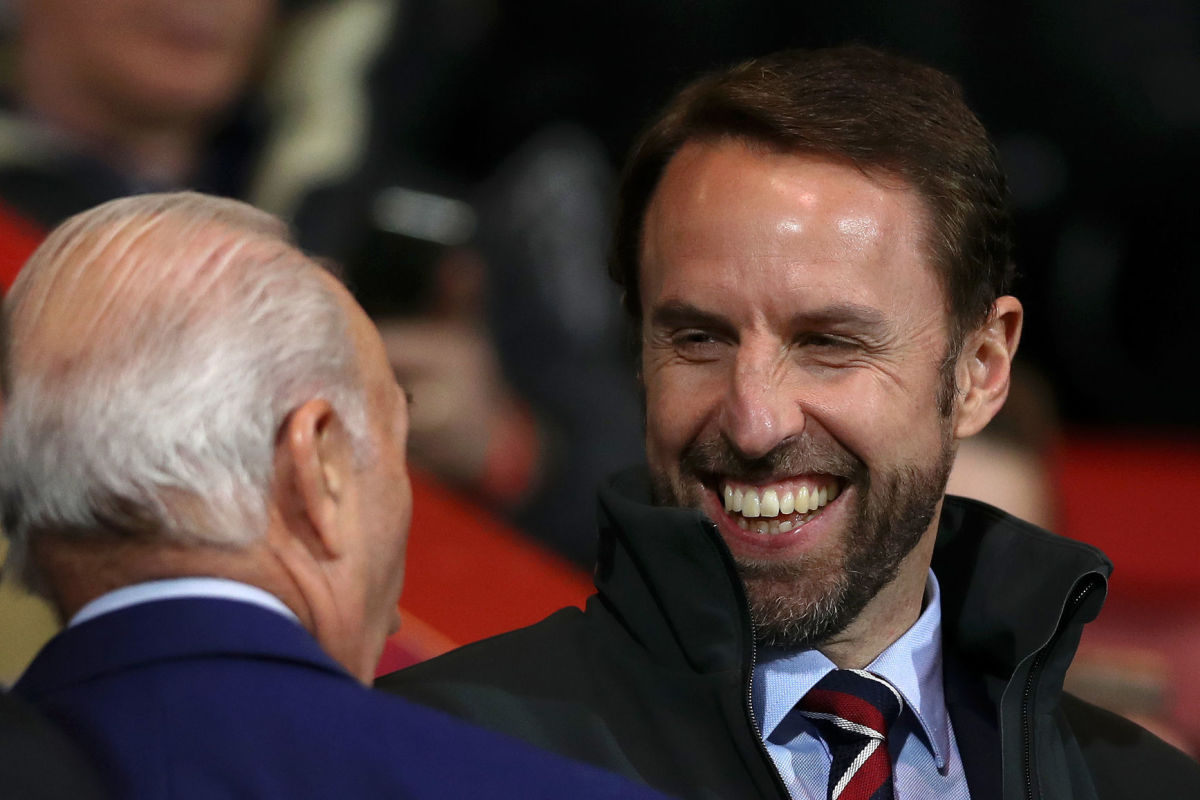
Southgate's appointment as England manager in November 2016 was seen at the time as somewhat underwhelming, since his CV was somewhat underwhelming for a manager on the international stage.
Leaving his post with the Under-21s, however, would build on the steady start he had made as interim boss, and led the team to the semi-finals of the 2018 World Cup, before eventual defeat to Croatia in extra-time.
He is credited with bringing a new generation of players to the forefront of the international scene, and was one of the favourites for the United job before Solskjaer blew everyone out of the water.
